Key takeouts
- NextGenerationEU funding represents an opportunity for Irish companies to break into new markets or scale their presence in existing markets
- From digital health care and green technology to smart cities and cybersecurity, there are hundreds of Eurozone recovery projects that will be fully funded by the EU
- The Enterprise Ireland Eurozone team can help you find the right markets and projects to target
What is NextGenerationEU?
We are living in extraordinary times, but it’s not all bad news for Irish business. Over the next couple of years, those who can or who are keen to export can take advantage of a significant opportunity, fuelled by the NextGenerationEU funding package put in place by the European Commission. At €750 billion*, it’s the largest ever stimulus package in Europe and some is directly aimed at SMEs.
“The objective is twofold,” explains Marco Lopriore, at the European Institute of Public Administration (EIPA). “It is recovery, to help the European economy recover from the past year, but it is also resilience.
 “This is a push for a radical transformation of consumption and production to prepare European economies to withstand future crises in a better way. We’re speaking in Brussels about a paradigm shift. This is basically changing the way we function completely.”
“This is a push for a radical transformation of consumption and production to prepare European economies to withstand future crises in a better way. We’re speaking in Brussels about a paradigm shift. This is basically changing the way we function completely.”
Within the overall project, the EU level of investment is supplemented by the agendas and priorities of each national government.
*The current value of the funding is €806.9 billion. It was €750 billion when agreed in 2018.
What does the Eurozone recovery plan mean for Irish SMEs?
This Recovery and Resilience Facility (RRF) means a wave of funding unrolling across all 27 EU member states to support investment in public services and infrastructure, to make Europe greener, more digital and more resilient.
As Ireland seeks to build a deeper trade relationship with Europe, that funding represents an excellent opportunity for Irish companies to break into new markets or to deepen and scale their presence in existing markets.
Across everything from digital health care and green technology to smart cities and cybersecurity, there are hundreds of Eurozone recovery projects to complete across the EU over the next few years. All of them will be fully funded.
 “SMEs are not always directly affected by macroeconomics,” says Anne Lanigan, regional director, Eurozone at Enterprise Ireland, “but when that volume of money is going into it, especially to drive the green and digital agenda, it has to have an impact on what is happening at a business level.”
“SMEs are not always directly affected by macroeconomics,” says Anne Lanigan, regional director, Eurozone at Enterprise Ireland, “but when that volume of money is going into it, especially to drive the green and digital agenda, it has to have an impact on what is happening at a business level.”
Core focus on green and digital
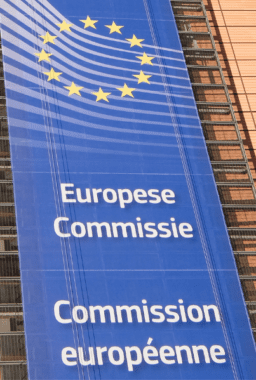 The overall fund is focused on six pillars, with the green transition and digital transformation being top of the list. The European Commission has specified that each country must assign at least 37% and 20% of their spending to those pillars, respectively.
The overall fund is focused on six pillars, with the green transition and digital transformation being top of the list. The European Commission has specified that each country must assign at least 37% and 20% of their spending to those pillars, respectively.
“Several member states have gone beyond those minimum thresholds,” says Lopriore. “Luxembourg, for example, is putting 60% to green, while Germany is putting 50% to digital.
The green transition covers everything from clean tech, renewable energy and energy efficiency, sustainable transport, improving water quality to creating greener cities and making farming more eco-friendly.
Digital projects to get funding span 5G, digitalisation of public service, cloud computing, smart cities, artificial intelligence, blockchain and more, including projects focused on reskilling and upskilling to improve digital literacy.
Leaning into Irish tech expertise
Areas in which many Irish firms specialise, such as cybersecurity and the digitalisation of health are a significant focus in many plans, says Lopriore, who wrote extensively on national areas of focus for NextGenerationEU funding in a recent paper.

“In Belgium, for example, the plan is to spend €585m on digitalisation, of which almost €80m is allocated to cybersecurity. Spain wants to reinforce cybersecurity on its rail network, its air traffic control, its central public administration and in the tourism sector.”
When it comes to providing health and medical services online, France will invest €2 billion in the digitalisation of health, while Germany will invest €3.8 billion.
Breaking into a new European market
The funding offers new momentum to Irish exporters targeting Europe, a trend that was already soaring, says Lanigan.
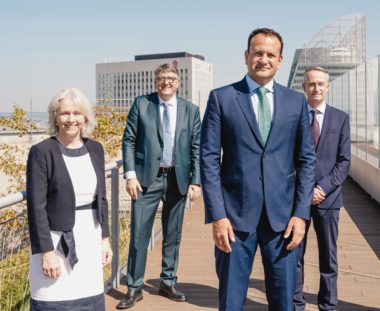 “Since we implemented our Eurozone strategy in 2017, we’ve seen a 33% jump in exports from Ireland to the Eurozone,” she says. “Even in 2020, when some sectors were hit very hard, we still saw a 1.6% growth in exports, which is significant considering economies across Europe shrunk.
“Since we implemented our Eurozone strategy in 2017, we’ve seen a 33% jump in exports from Ireland to the Eurozone,” she says. “Even in 2020, when some sectors were hit very hard, we still saw a 1.6% growth in exports, which is significant considering economies across Europe shrunk.
For companies that want to export for the first time or to diversify their export markets, Enterprise Ireland can offer support and advice. This includes everything from market research and helping a company to get export-ready to tapping into a wide network of contacts and making the right introductions.
“The easiest model is where a client is looking for a customer and we can introduce them,” says Lanigan. “Exporting often involves a local partner and we introduce companies to the right people– the local influencers, the potential partners and those they could collaborate with, including other Irish companies.
“We work to build clusters that bring companies in the same space together,” she explains. “If there is an opportunity around smart mobility, for example, we can bring companies working in that area together and introduce them to the right people.”
Finding the right market to target
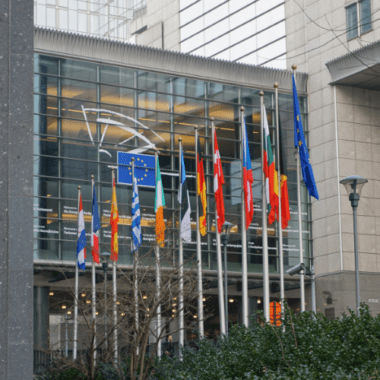 The markets of interest to individual companies will depend on the nature of the products and services they offer. Those selling into the tourism and hospitality sector, for example, will find more extensive opportunities in Southern Europe, where governments are placing more emphasis on this sector.
The markets of interest to individual companies will depend on the nature of the products and services they offer. Those selling into the tourism and hospitality sector, for example, will find more extensive opportunities in Southern Europe, where governments are placing more emphasis on this sector.
Many countries mention renovating buildings to be more energy-efficient and installing more electric vehicle charging situations, but Germany is putting particular emphasis on hydrogen production and AI, for example.
Detailed country-by-country information in English on the plans and priorities of each Member State can be found here.
How will the Eurozone recovery funding work in practice?
- While SMEs may believe trying to tender for public contracts is too complex and likely to be choked by red tape, 15% of the NextGenerationEU funding will benefit SMEs – more than half of that in direct business.
- Furthermore, Enterprise Ireland can advise on the tendering process.
- In practice, each EU state has its own national Resilience and Recovery Plan (RRP), with all projects in it open to public tender on an online portal.
- Some of these portals, such as those of France, Italy and Portugal, are already up and running.
- Every project linked to this Eurozone recovery funding must be completed by 2026.
Rising to the export challenge
While deciding to expand export operations can seem daunting to some, Lanigan encourages Irish business owners and managers to examine the RRP options open to them. That includes going beyond the UK, even as a first export market.
“Diversifying our export markets has become even more important since Brexit,” she says. “Now, 29% of our clients’ exports go to the UK, but that is down from 45% a decade ago.
A marked improvement in marine links is helping, she adds, as more routes with more capacity mean it is much easier to trade directly with EU customers.
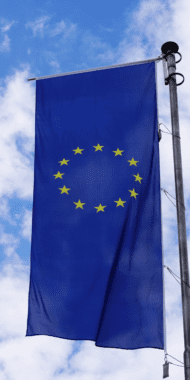
“We have a huge market on our doorstep. After all, we have the biggest free trade agreement in the world, with no customs, no tariffs and no regulatory challenges. And, of course, for 19 countries in the Eurozone, there are no currency costs.”
“Irish companies have a great reputation across Europe, with customers having a really positive view of them. And when you see the Irish products and services selling into Europe – they are top notch and born of incredible innovation – it’s evident why they are well regarded.”
If you’re interested in starting to export to the Eurozone or in growing your exports to the Eurozone, get in touch.











 You are now successfully exporting to your first market. Now begin to build on this success and grow your exports.
You are now successfully exporting to your first market. Now begin to build on this success and grow your exports.
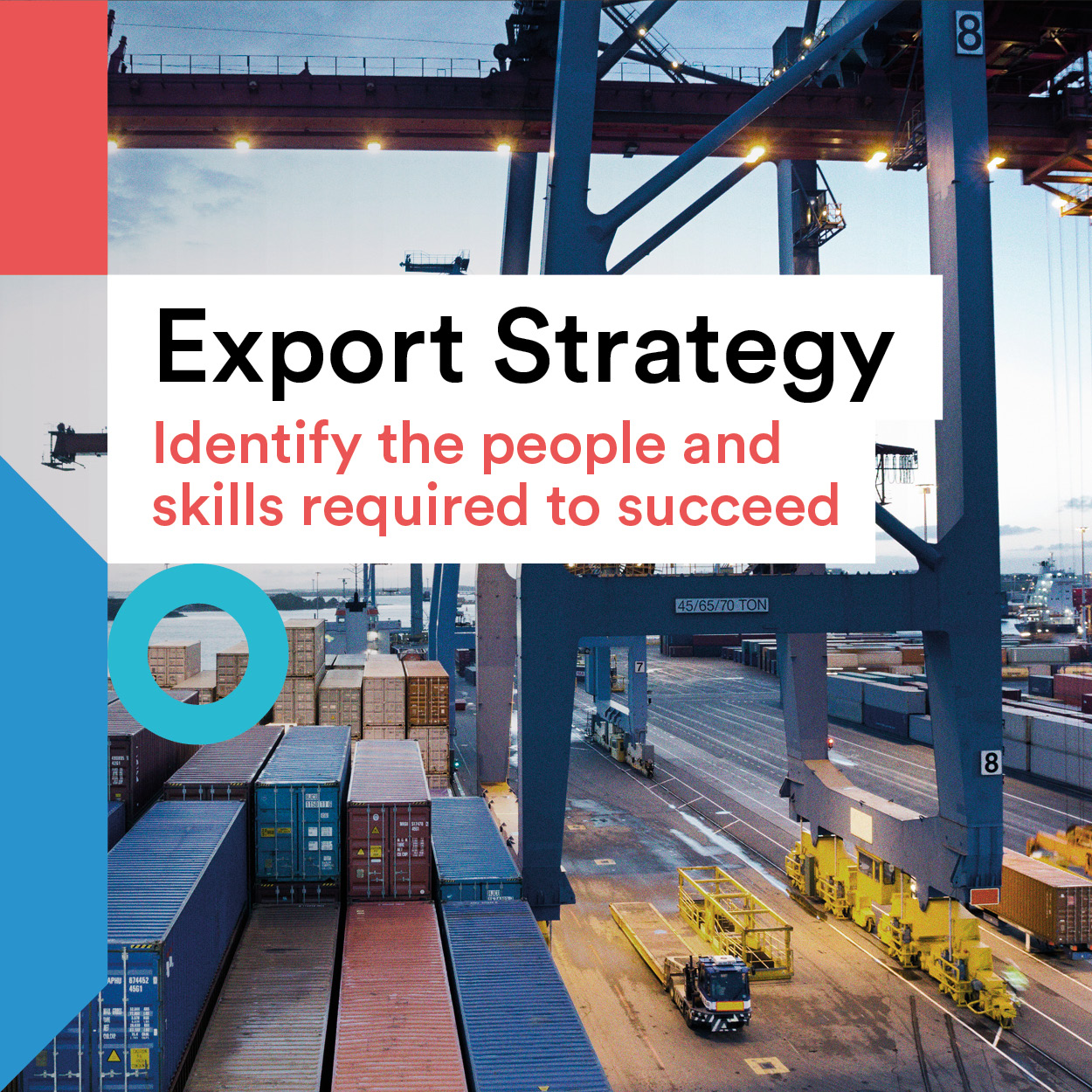
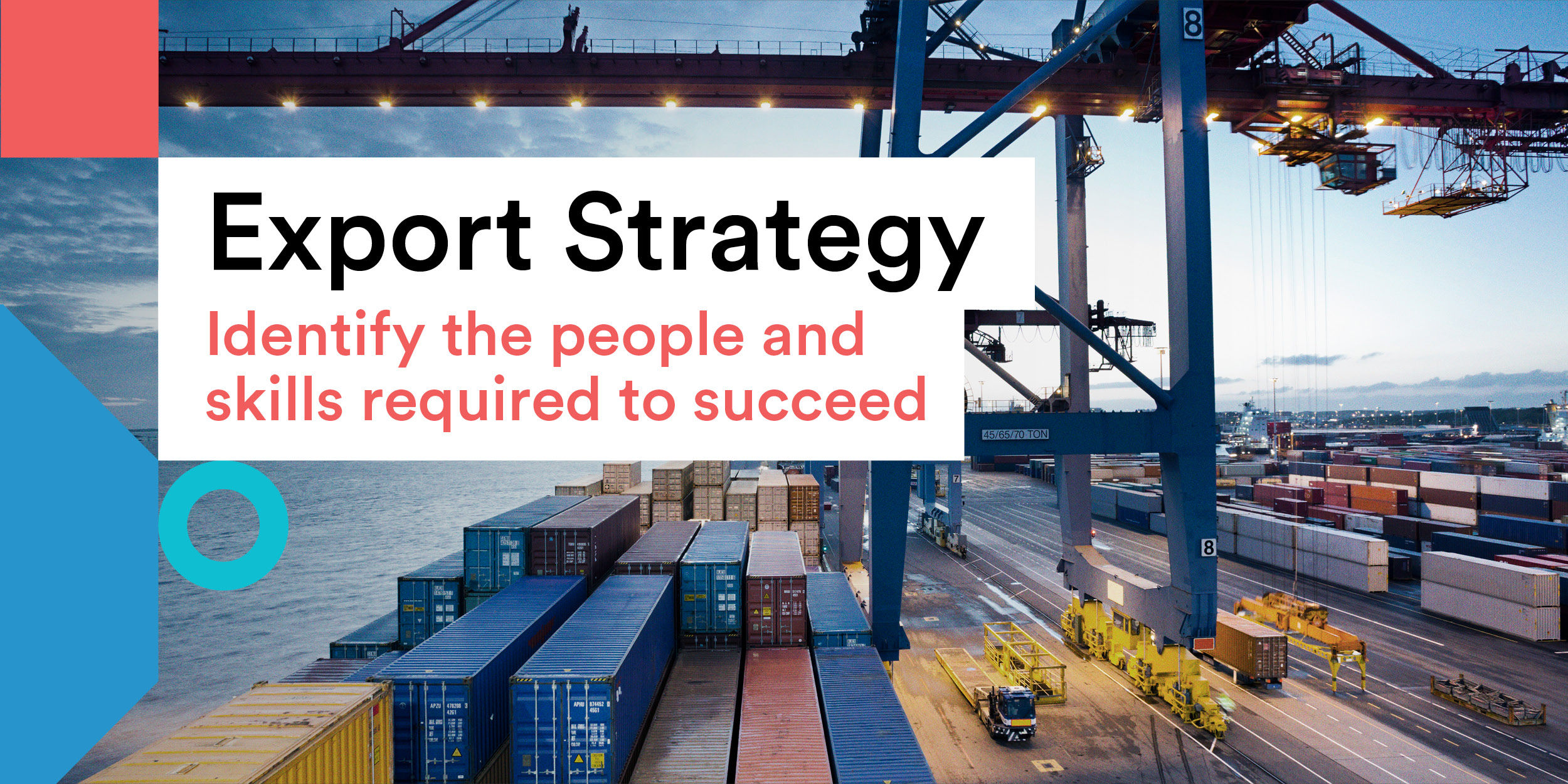



 The UK’s decision to leave the EU will impact many aspects of business including Intellectual Property Rights (IPR).
The UK’s decision to leave the EU will impact many aspects of business including Intellectual Property Rights (IPR).
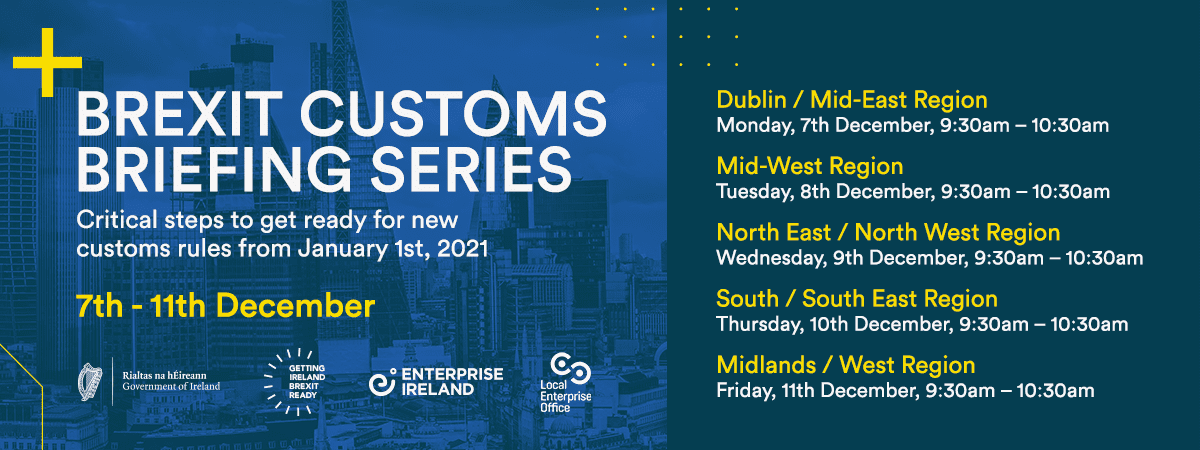



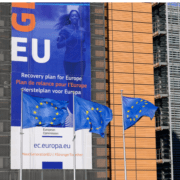
 “This is a push for a radical transformation of consumption and production to prepare European economies to withstand future crises in a better way. We’re speaking in Brussels about a paradigm shift. This is basically changing the way we function completely.”
“This is a push for a radical transformation of consumption and production to prepare European economies to withstand future crises in a better way. We’re speaking in Brussels about a paradigm shift. This is basically changing the way we function completely.” “SMEs are not always directly affected by macroeconomics,” says Anne Lanigan, regional director, Eurozone at Enterprise Ireland, “but when that volume of money is going into it, especially to drive the green and digital agenda, it has to have an impact on what is happening at a business level.”
“SMEs are not always directly affected by macroeconomics,” says Anne Lanigan, regional director, Eurozone at Enterprise Ireland, “but when that volume of money is going into it, especially to drive the green and digital agenda, it has to have an impact on what is happening at a business level.” The overall fund is focused on six pillars, with the green transition and digital transformation being top of the list. The
The overall fund is focused on six pillars, with the green transition and digital transformation being top of the list. The 
 “Since we implemented our Eurozone strategy in 2017, we’ve seen a 33% jump in exports from Ireland to the Eurozone,” she says. “Even in 2020, when some sectors were hit very hard, we still saw a 1.6% growth in exports, which is significant considering economies across Europe shrunk.
“Since we implemented our Eurozone strategy in 2017, we’ve seen a 33% jump in exports from Ireland to the Eurozone,” she says. “Even in 2020, when some sectors were hit very hard, we still saw a 1.6% growth in exports, which is significant considering economies across Europe shrunk. The markets of interest to individual companies will depend on the nature of the products and services they offer. Those selling into the tourism and hospitality sector, for example, will find more extensive opportunities in Southern Europe, where governments are placing more emphasis on this sector.
The markets of interest to individual companies will depend on the nature of the products and services they offer. Those selling into the tourism and hospitality sector, for example, will find more extensive opportunities in Southern Europe, where governments are placing more emphasis on this sector.


